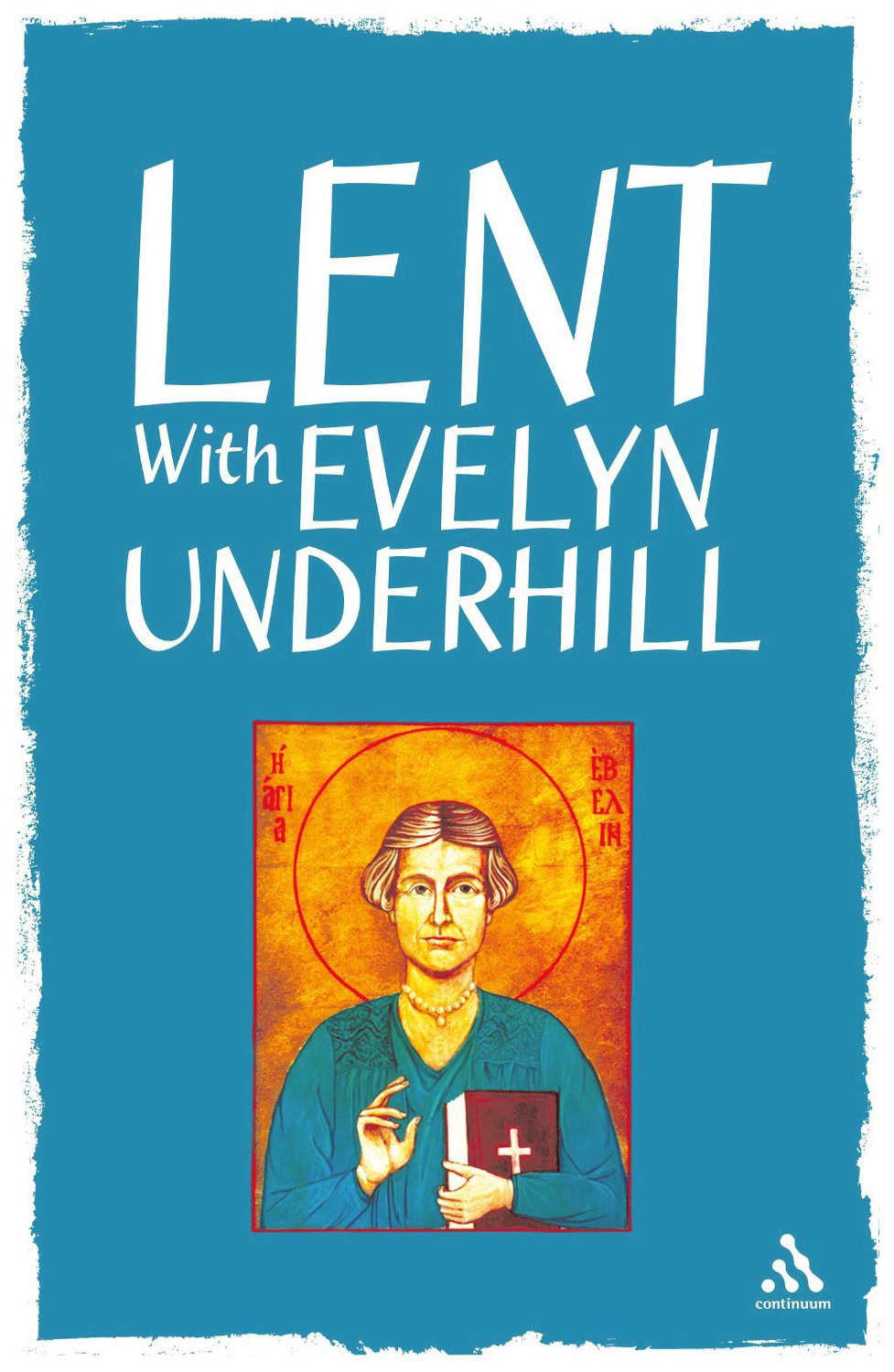We are beings filled with desire. “Dust with desires” you might call us. And whatever other factors are at play in our desire, a desire’s strength and its object are moral matters. C.S. Lewis famously wrote:
“It would seem that Our Lord finds our desires not too strong, but too weak. We are half-hearted creatures, fooling about with drink and sex and ambition when infinite joy is offered us, like an ignorant child who wants to go on making mud pies in a slum because he cannot imagine what is meant by the offer of a holiday at the sea. We are far too easily pleased.” (From “The Weight of Glory”)
A neuroscientist working on the role of the brain in sexual addiction, and the close connections of sexual addition to human trafficking, CCT Fellow and Professor of Psychology William Struthers comments on seeing our desires more clearly through fasting, through reading, and through remembering that we are dust.
The Table: How do penance, fasting, and other Lenten disciplines conduce to psychological and spiritual well-being?
Struthers: For me, fasting has become a discipline that strips away my assumptions about what I really need to survive. In the materialistic and chaotic world that I find myself, the subtle lies about what I need to flourish need to be regularly addressed. It is in fasting that I am able to step back, feel the pang of need and desire, and then focus my eyes on my Creator as the one who meets all of my needs. Fasting enables me to spiritually reboot and refresh, and Lent serves as an anchor for this during the Church calendar. Lent is the season that reminds me to purify and cleanse both my mind and my affections.
The Table: What do you read during Lent?
Struthers: This Lent I’m reading Walter Wangerin’s Reliving the Passion (Zondervan, 1992), and Lent With Evelyn Underhill, Ed. G. P. Mellick Belshaw (Church Publishing, 1990). Wangerin’s artistic insight and literary prose are down to earth, focusing on the sacrifice and suffering of Christ. In contrast, the mystical reflections of Underhill provide a glimpse into the spiritual realm and eternity in the Kingdom. These two texts connect the sacrifice of Christ and glory of an eternity with Him.
The Table: What do you find historically, philosophically, ecclesiologically, or theologically fascinating about Lent?
Struthers: “Remember you are dust, and to dust you shall return.” These words are spoken upon the administration of the ashes during Ash Wednesday services around the world. As a neuroscientist, this reminder that we are created and connected to the dust of the Earth serves connect my understanding of the Creation story of Genesis 2:7 and with the Eschaton in 1 Corinthians 15:35-58.
READ WHAT PROF. STRUTHERS IS READING


